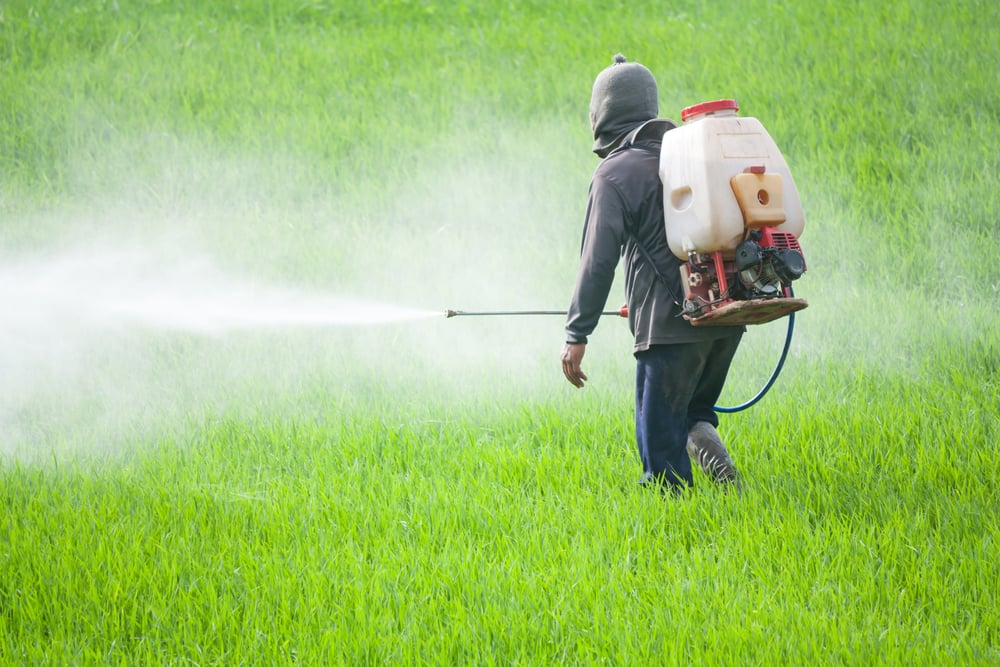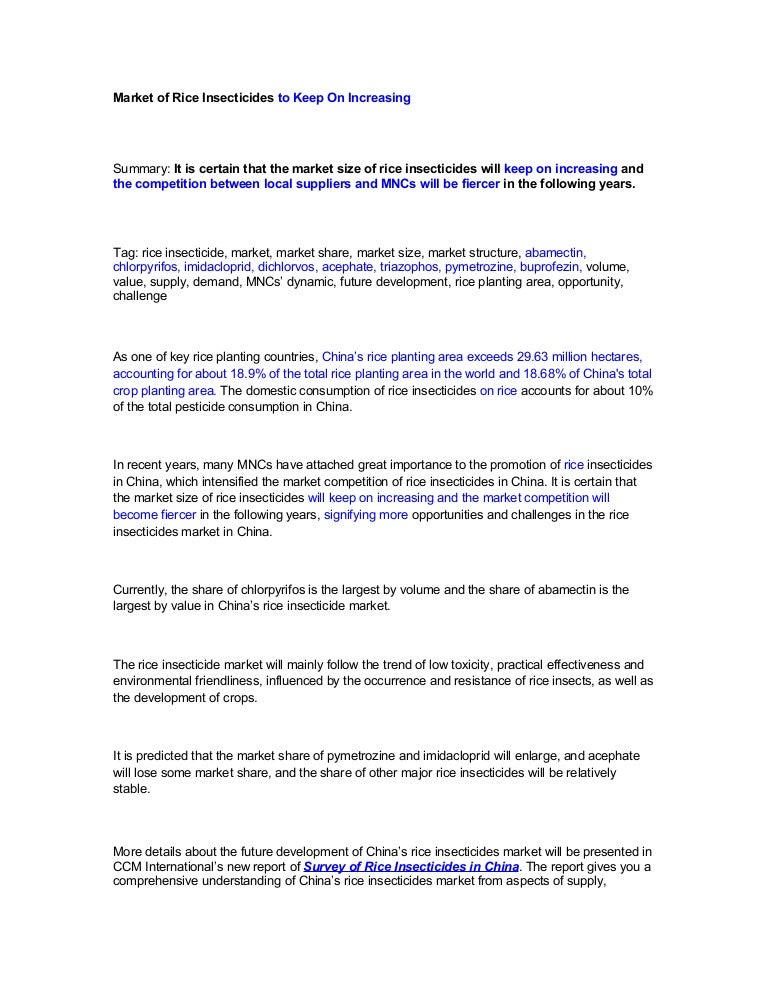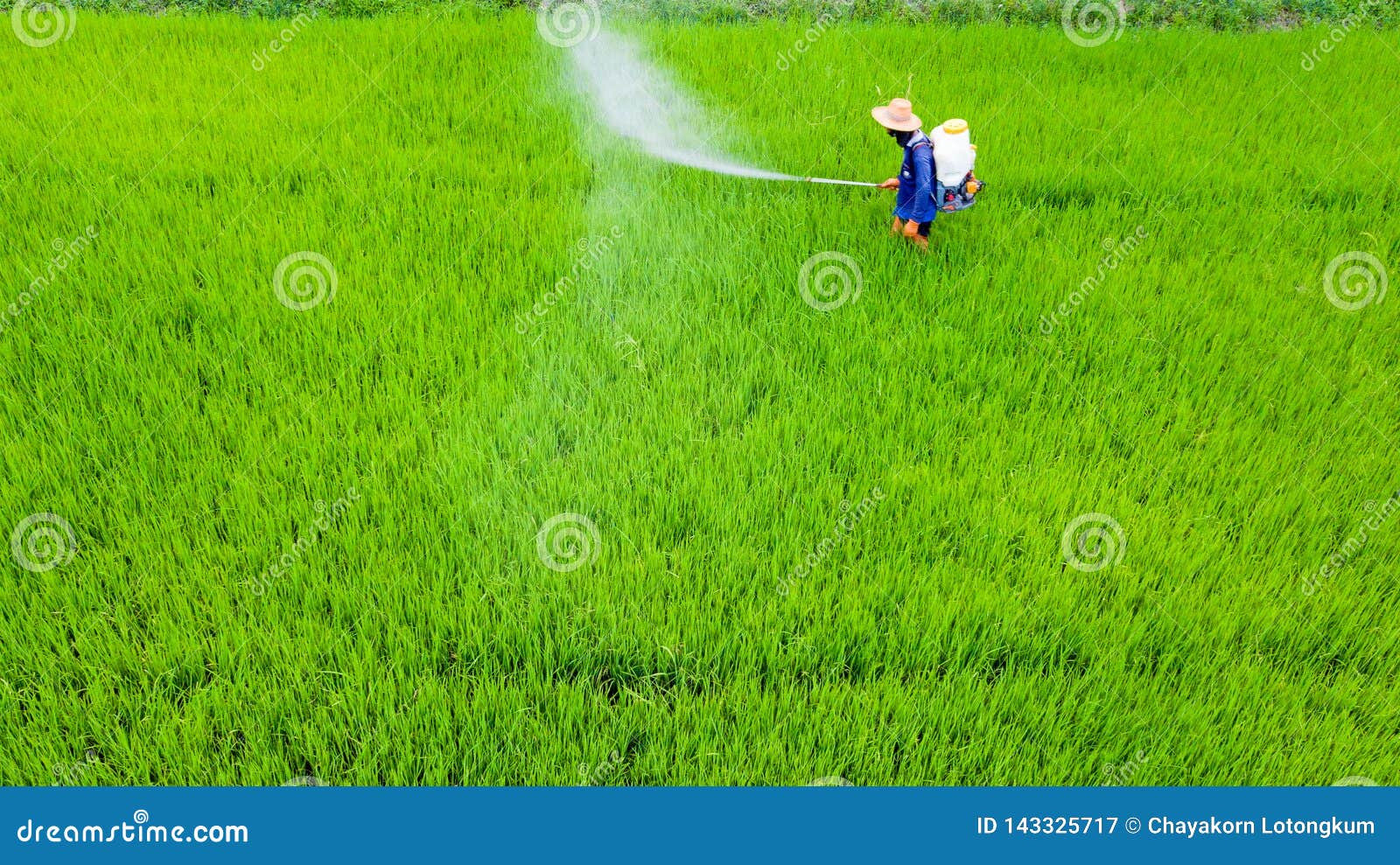
There are three main categories of biopesticides: 1) microbial pesticides, which are microorganisms (e.g. Natural Pesticides and GMOsīiopesticides are derived from natural materials such as plants, animals, bacteria, and minerals. Exposure to pesticides has also been associated with increased infertility in women and developmental problems in children.

A study of 50 pesticides and more than 30,000 licensed pesticide applicators linked exposure of seven pesticides that contain chlorinated compounds (including two herbicides, two organophosphate insecticides, and two organochlorines) to increased risk of diabetes. Studies have shown preliminary evidence that chronic, low-dose exposure to pesticides increases the risk of cognitive impairments and diseases such as Alzheimer’s and Parkinson’s later in life. Specifically, carbamates and organophosphates are known to affect the nervous system by disrupting a neurotransmitter called acetylcholine. The effects of long-term exposure to small amounts of these pesticides are unclear, but studies have linked them to a variety of chronic health conditions such as diabetes, cancer, and neurological defects (for more detailed information, the EPA has an extensive table of health effects of different pesticides). Exposure to large amounts of pesticides is usually more likely for people such as farmers who may frequently touch and/or breathe in pesticides. Short-term exposure to a large amount of certain pesticides can result in poisoning. These chemical pesticides include compounds such as organophosphates, carbamates, pyrethroids, and sulfonylureas. Many conventional pesticides are synthetic materials that kill or inactivate the pest directly.

The Downside of Synthetic Pesticidesĭespite their agricultural, economic, and safety, pesticides can also have negative impacts on our health. Pesticides can even disinfect our drinking water and medical instruments. They can protect our health, too – disease outbreaks are prevented by controlling insect and rodent populations. Pesticides can protect our homes and buildings from structural damage by creatures such as termites. As a way of conserving food supply and lower food costs, they also help to combat hunger and related problems in various parts of the world (see this article). We as consumers often reap the benefits of pesticide use with lower costs and a wider selection of food and clothing. As a result, their use has become deeply entrenched in our lives. The Upside of PesticidesĪccording to the US Environmental Protection Agency (EPA), pesticides are often the only effective way to control disease organisms. Pesticides are grouped under several classes. To understand whether GMOs make us better or worse off in our interaction with pesticides, let’s explore the relationship between pesticides and GMOs in some detail.įigure 1. Herbicide-tolerant genetically modified (GM) crops have led to an increase in herbicide usage while insecticide-producing GM crops have led to a decrease in insecticides.

GMOs have been changing the way that pesticides are used in agriculture. According to the National Institutes of Health (NIH), the health effects of pesticides are not well understood, but their use has been associated with conditions such as cancer, diabetes, and neurological effects.

Pesticides are used extensively in agriculture and they are also used at a lower scale in our homes and on ourselves. There are different types of pesticides, which include synthetic pesticides and biopesticides (Figure 1). Pesticides are substances used to repel, kill, or control animals (insecticides) or plants (herbicides) that are considered to be pests. How are GMOs changing the landscape of pesticide usage in our crop fields, and ultimately, the pesticide dosage in our dinners? Genetically modified organisms (GMOs) are often engineered to be more resistant to pesticides or produce pesticides themselves. Potential effects include cancer and damage to the nervous, endocrine, and reproductive systems. According to the NIH, the health effects of pesticides are still not well understood.
#INSECTICIDES AND PESTICIDES FOR RICE AND CORN SKIN#
Less obvious is the fact that many people use pesticides around their homes, and even on their skin (i.e. Because they are used in agriculture and food production, pesticides are present at low levels in many of our diets.


 0 kommentar(er)
0 kommentar(er)
